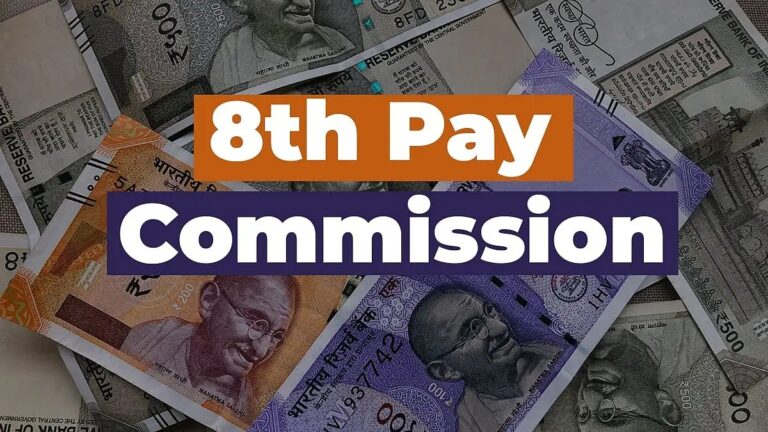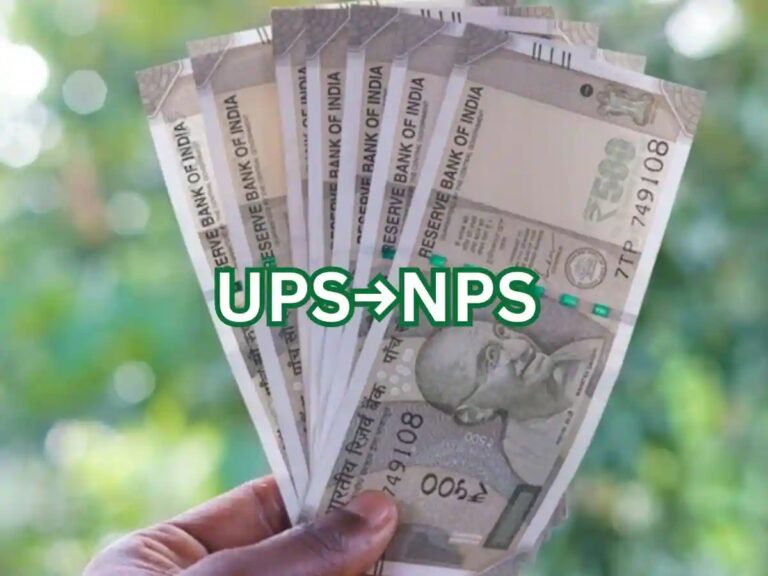
Government Introduces UPS Option for Central Employees
Central government employees in India are set to benefit from a major pension reform as the Union Cabinet, under Prime Minister Narendra Modi’s leadership, approved the Unified Pension Scheme (UPS) in August 2024. Effective April 1, 2025, the UPS has been integrated into the National Pension System (NPS), offering employees a flexible retirement planning option. This change allows employees to choose between the traditional NPS and the newly introduced UPS, which promises assured financial security during and after retirement. The decision comes amid growing demands for more transparent and stable pension structures, addressing concerns about inflation adjustments and guaranteed payouts. The government has emphasized that the UPS provides additional safeguards, including tax benefits comparable to those under NPS, ensuring employees receive maximum financial protection.
Eligibility and Timeline for UPS Enrollment
As of July 20, 2025, approximately 31,555 central government employees have enrolled in the UPS, with the final enrollment deadline set for September 30. The Finance Ministry has outlined a clear timeline for transitioning from UPS to NPS, allowing employees to switch one-way to the NPS scheme at any time up to one year before superannuation or three months prior to voluntary retirement. This provision ensures employees can reassess their retirement plans without losing previously accumulated benefits. The government has also clarified that employees who opt for UPS under NPS will retain access to additional benefits under the CCS (Pension) Rules, 2021, and the CCS (Extraordinary Pension) Rules, 2023, in case of the employee’s death during service or due to disablement.
Key Features of the Unified Pension Scheme
The UPS is designed to provide comprehensive financial security, with features tailored to meet the needs of long-serving government employees. A minimum of 25 years of service is required to qualify for an assured pension of 50% of the average basic pay from the last 12 months before retirement. For those with less than 25 years of service, a proportional pension is offered, with a minimum threshold of 10 years. Additionally, the scheme guarantees a family pension of 60% of the employee’s pension, ensuring financial support for dependents. A monthly assured minimum pension of ₹10,000 is also provided to those retiring after 10 years of service. Inflation adjustments are applied to all pension components using the All India Consumer Price Index for Industrial Workers (AICPI-IW), ensuring purchasing power is maintained over time.
Benefits and Tax Advantages Under UPS
The government has extended several benefits to UPS participants, aligning them with the advantages of the NPS. These include tax exemptions under the Income Tax Act, 1961, which reduce the financial burden on employees. A lump sum payment equivalent to 1/10th of monthly emoluments (including pay and Dearness Allowance) is also provided at superannuation, in addition to gratuity. This lump sum is calculated based on completed six-month periods of service, without reducing the assured pension amount. The inclusion of death gratuity and family pension provisions further strengthens the financial safety net for employees and their families. These measures aim to create a more equitable and sustainable pension framework for central government employees.
Government’s Vision for Pension Security
The introduction of the UPS reflects the government’s commitment to enhancing pension security for public servants. By integrating the scheme with the NPS, the administration aims to provide employees with greater flexibility while ensuring long-term financial stability. The emphasis on inflation-indexed pensions and guaranteed payouts addresses concerns about the erosion of purchasing power over time. Additionally, the one-time switch facility from UPS to NPS allows employees to adapt to changing financial needs without losing their accumulated benefits. The government’s decision to extend tax advantages and death gratuity benefits underscores its focus on creating a comprehensive and inclusive pension system that supports employees throughout their careers and beyond.



